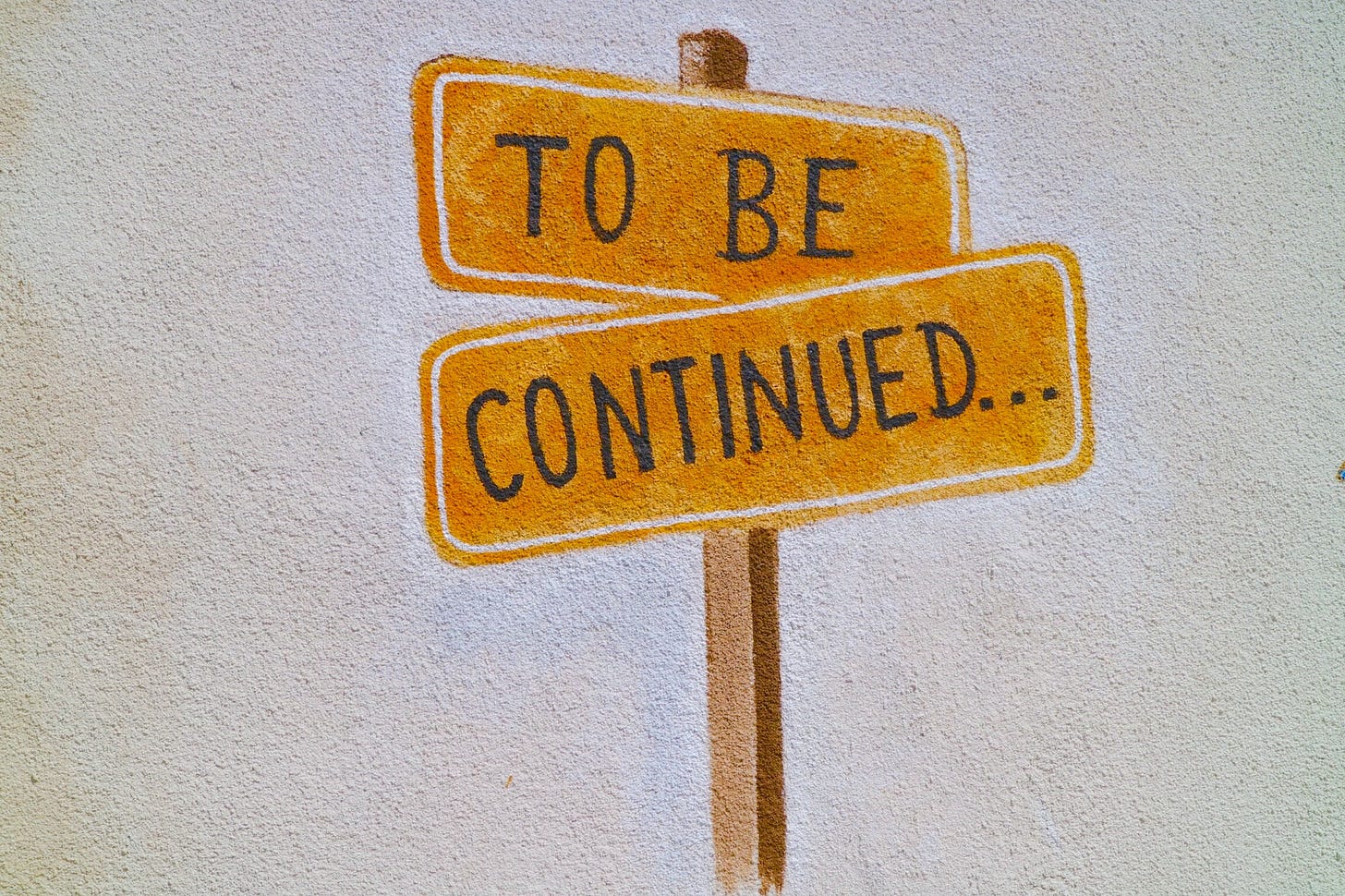About five years ago, I decided I wanted to start a business. I wasn’t sure what it would be. Ideas came up but I was never committed to them. Because I could not commit, no meaningful work was being done.
I eventually decided that I would like to help my wife. Well, I had decided a while back, but she has only recently warmed to the idea. She is a lawyer who often deals with family law related matters.
Up until today, the steps I have taken to start a business have been reading in an attempt to comprehend what exactly I need to do and what it is that I am making.
What I know so far
All of the business learning comes down to these facts:
A business is a series of systems and processes that receive, change, create, and provide value from/to customers, employees, and partners. A map of this is called a business model.
In this context, value can mean many things: money, information, services, products, or property that helps the customer, employee, or partner make some meaningful progress towards a goal.
You are not a business. As such, you may work the jobs inside of the business but you also must work on the business to develop those systems and processes.
To work on those systems and processes, you have to have a process. The scientific method shines here:
Write a hypothesis
Create an experiment
Perform the experiment
Analyze the response
Update your system or process based on what you learned.
The best results for those experiments requires you to remove variables and biases. Customers do not exist in a lab, though, unless you sell scientific equipment. You have to avoid inserting your own bias into the experiment.
What I need to do still
One of the books I am reading at the moment is The Startup Owner’s Manual. In it, Steve Blank proposes a breakdown of businesses into two stages, which each of those having a series of sub-stages and sub-sub-stages.
Customer Development: Searching for a scalable business model involves
Customer Discovery: Searching for a model (problem/solution fit)
Stating your hypotheses
Testing the problem
Testing the solution
Customer Validation: Making sure it is scalable (product/market fit)
Initial Positioning
Selling to Earlyvangelists
Updating Positioning
Business Execution: Executing a business model involves both
Customer Creation: Growing the company
Company Building: Maintaining the company
So, I can say that I will be searching for a business model over the next few months, or possibly longer. Further, after I find one I need to validate it.
The Startup Owner’s Manual makes a clear distinction between physical products and digital products (which it refers to as web/mobile products.) They take different routes for some steps. I’m not 100% this is always the case. It seems to me that, with a finite and probably quite small list of potential customers for a SaaS tool, I might be better off contacting them directly, more similar to a physical product.
Either way, I’m going to attempt to do Customer Discovery. I’m going to do it as close to the book as I can. My goal is to start doing customer interviews by the end of the month.
For the interview I have the following tasks:
Write down all hypotheses
Figure out which hypothesis to disprove
Figure out what I need to learn in the interview to disprove it
Figure out who to interview
Schedule the interview
Prepare for the interview
Have the interview
Learn something from the interview
Currently, I'm about 1/10th of the way done the first task. I live a pretty busy life. I can barely get time to clarify my thoughts. It doesn’t make any sense to be anything other than as efficient as possible.
This will be difficult.


